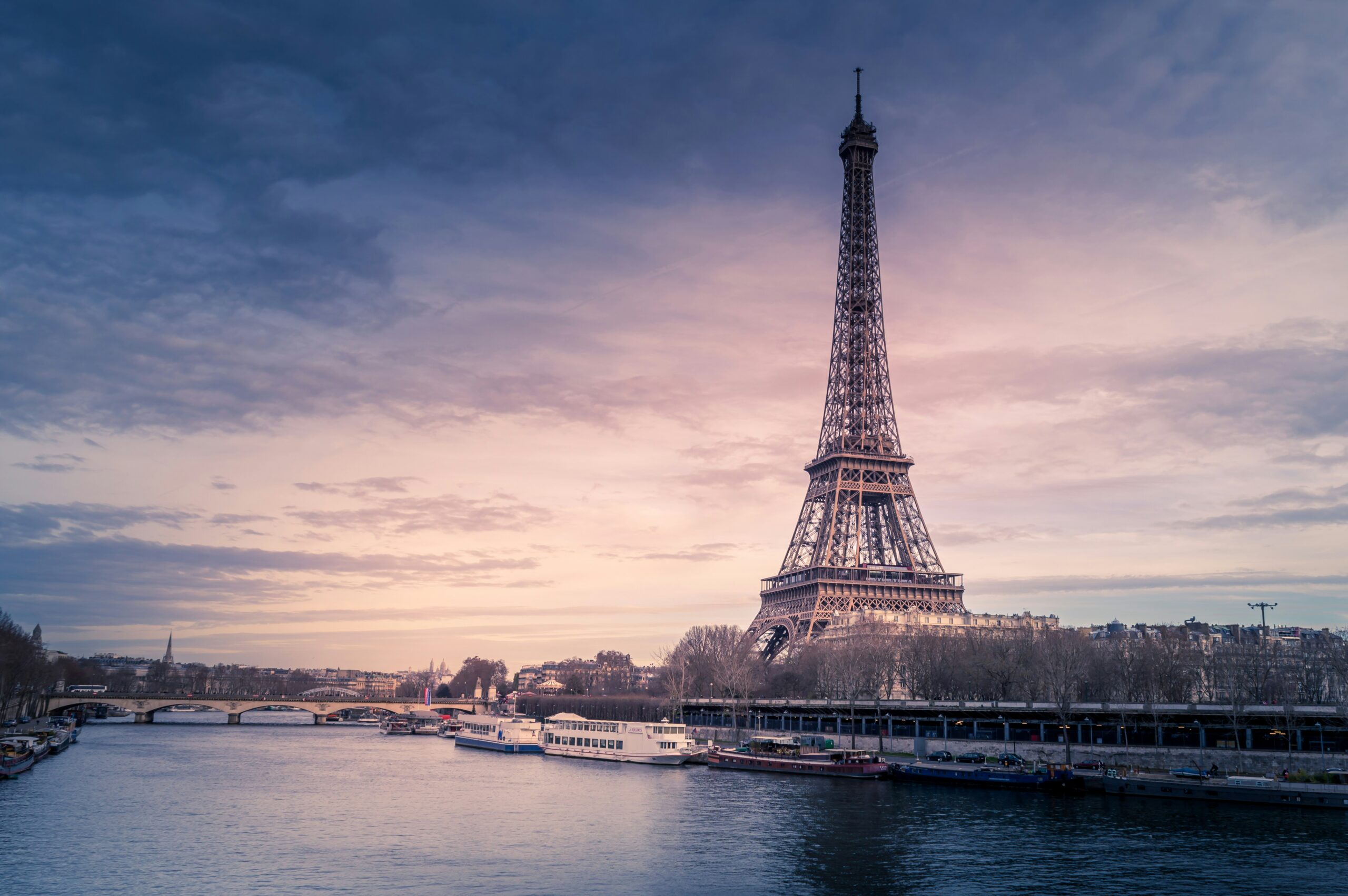A new report by The Observatory for the Protection of Human Rights Defenders (FIDH-OMCT) and the Ligue des droits de l’Homme (LDH) details an alarming deterioration of public freedoms in France. Often regarded as immune to such developments due to its republican traditions and its strong proclamations of human rights, France stands out today by the scale and seriousness of the restrictions imposed on civil liberties.
According to the report, hostile narratives, administrative dissolutions, reductions in public funding, and the criminalisation of mobilisations are suffocating civil society and endangering freedom of association and the right to protest.
The report highlights several concrete cases. In 2020, the government ordered the dissolution of the Collective Against Islamophobia in France (CCIF), an exceptional measure used as a political tool, which the Council of State upheld despite well-founded criticism. This emblematic case illustrates how the fight against terrorism has been instrumentalised to silence critical voices.
Adopted after the CCIF was dissolved, the so-called “Separatism” law introduced new grounds for dissolving associations and led to the creation of the “Republican Commitment Contract.” This contract imposes new compliance rules on associations seeking public funding. However, the lack of clear criteria leaves room for arbitrariness and fosters a climate of self-censorship.
The report also documents the growing number of political and media smear campaigns targeting associations. Threats of funding withdrawal, accusations of “ecoterrorism,” and the delegitimisation of associations’ work have now become systematic. These developments are all the more alarming given that they also come from the highest levels of the state.
Other citizen movements targeted by authorities include environmental initiatives. Protests against the A69 highway construction and the “méga-bassines” (large water reservoirs) have been met with particularly violent police repression. Mass arrests, abusive detentions, intrusive surveillance, and disproportionate use of force are all practices contrary to France’s international commitments.
Although initially only a few movements faced increased restrictions, they now extend from feminism to the rights of exiles, anti-racism, and minority rights. According to the report, the entire civil society is affected. It recommends that French authorities renew their recognition of the essential role of associations and human rights defenders, guarantee the right to protest, and restore sincere dialogue with civil society.
Read the full report in French and English on the International Federation of Human Rights (FIDH) website.
The Norwegian Helsinki Committee is a member of FIDH and cooperates with its broad global membership to promote human rights and document abuse.
